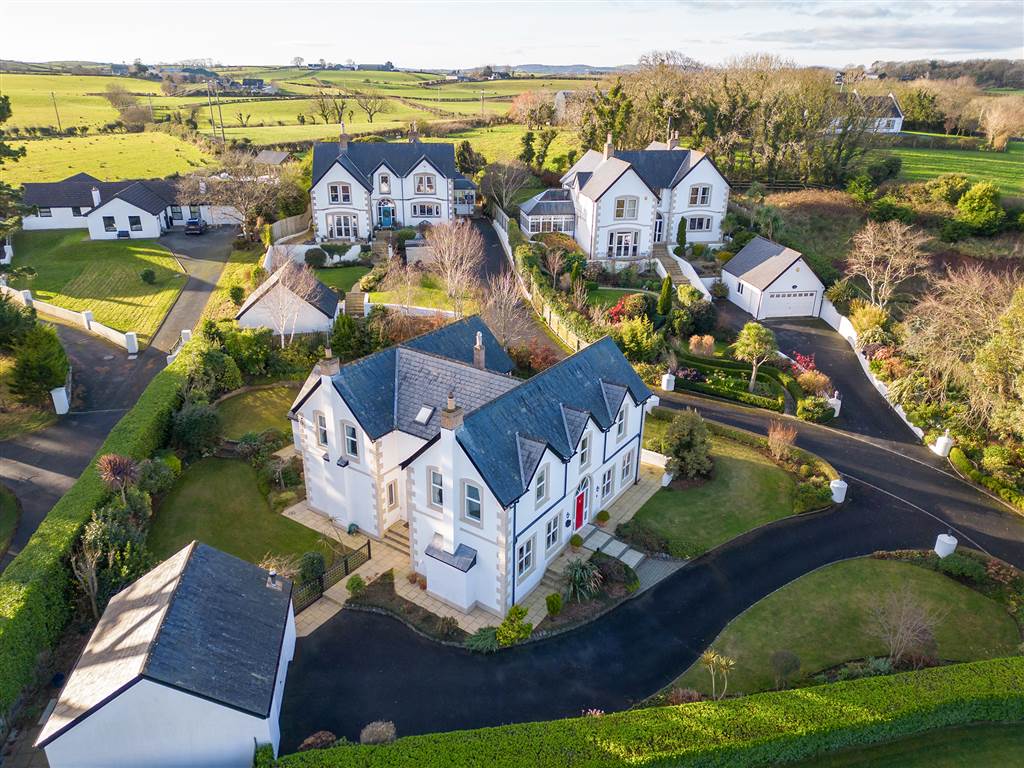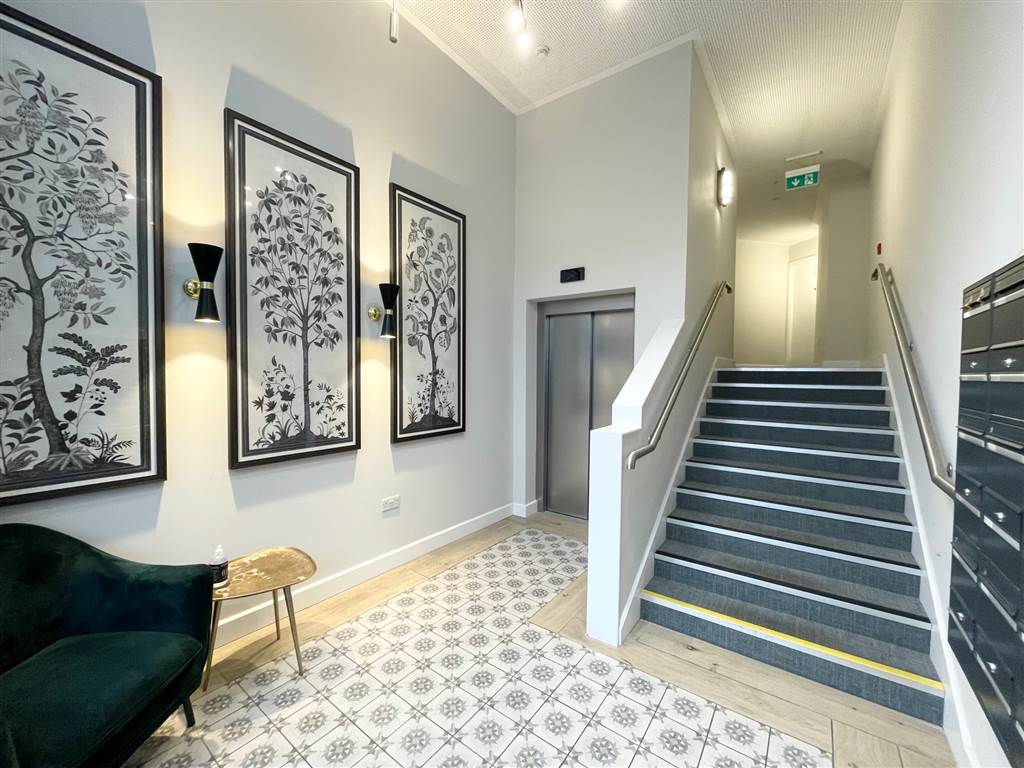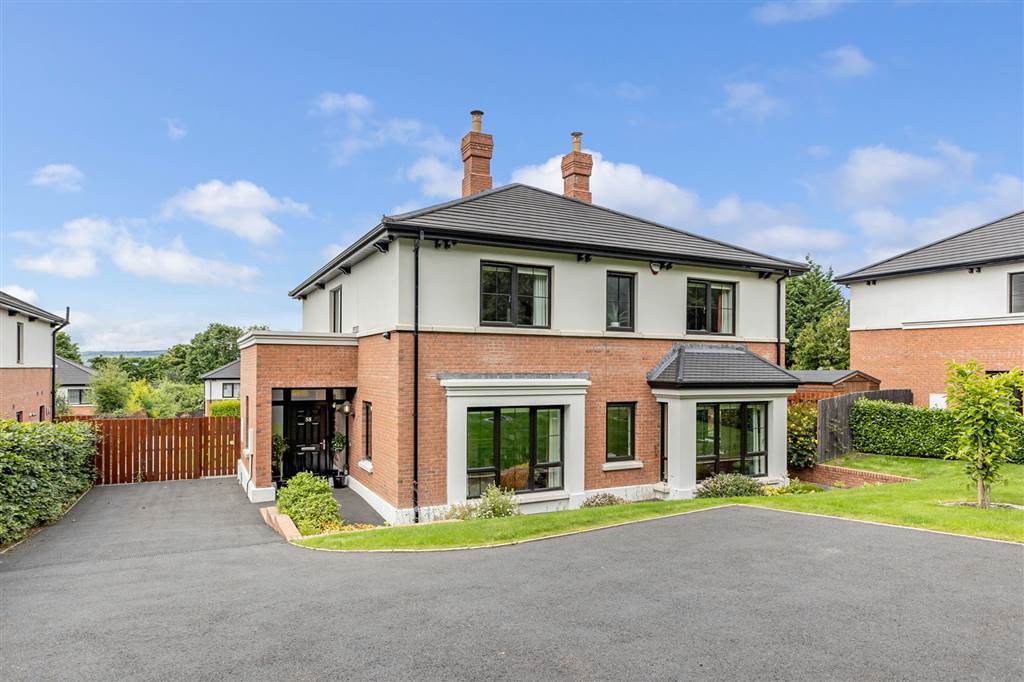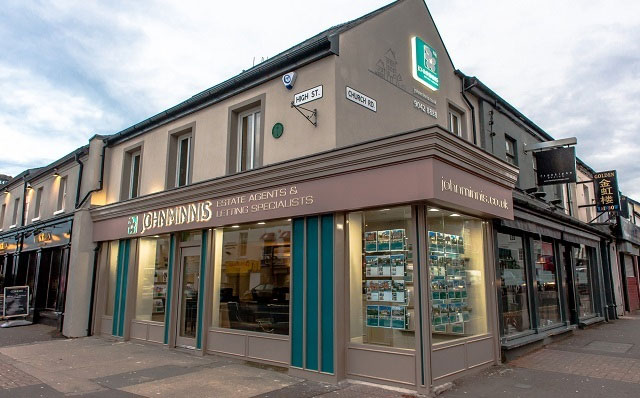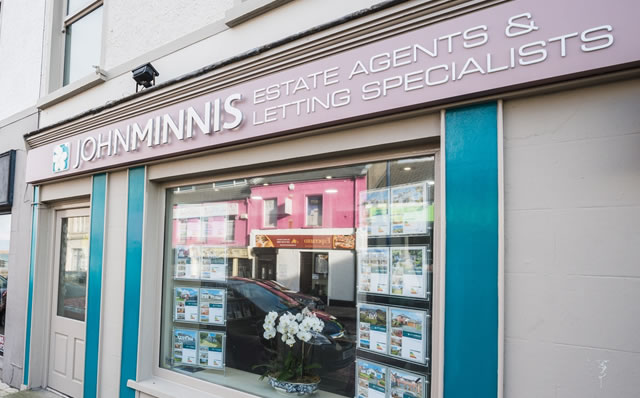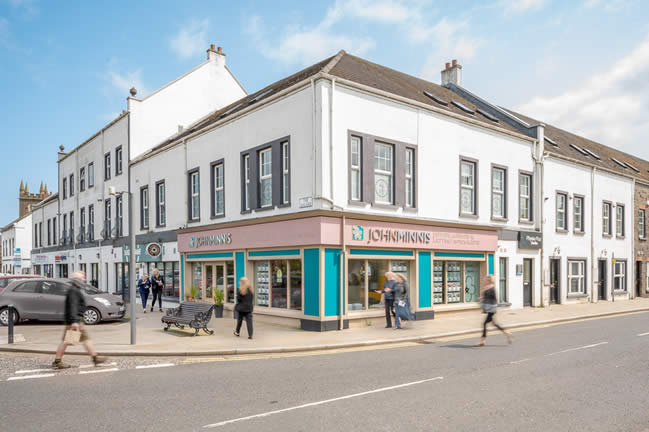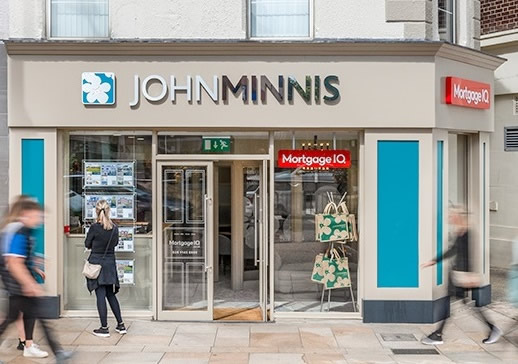John Minnis Latest News

Posted on 13 July 2023
Local estate agent John Minnis hails resilience of Northern Ireland property market amid economic challenges
Following the publication of the Nationwide House Price Index (HPI) and Halifax HPI, leading local estate agent John Minnis has hailed the resilience of the Northern Ireland property market which has seen property prices showcasing resilience and minimal impact despite economic uncertainty and interest rate hikes affecting the other regions of the United Kingdom. Read More
Posted on 30 June 2023
Going Rural: How Buying a House with Land Can Improve Your Lifestyle
Choosing to leave the city's commotion behind and immerse oneself in the tranquillity of rural life is a choice that many are finding increasingly appealing. The attraction of the countryside is not simply its picturesque landscapes, but also the prospect of a lifestyle more attuned with nature. Read More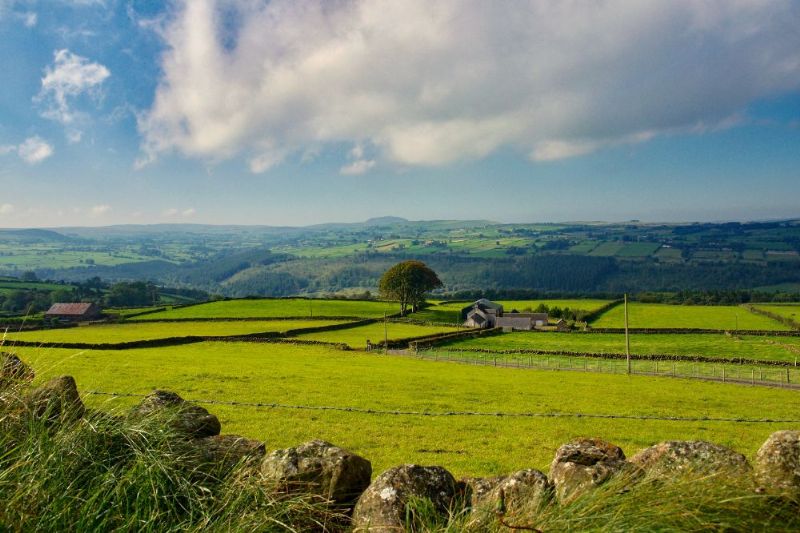
Posted on 21 June 2023
The Perks of Country Living
Moving to the country from urban areas may seem like a big change. Certain aspects and convenience of city living are something that can’t really be replicated as you head to more rural areas. Read More
Posted on 8 June 2023
John Minnis celebrates a year of success in Bangor
Leading Northern Irish estate agent, John Minnis, is celebrating a strong record of success in the 12 months since establishing its Bangor branch. Read More
Posted on 30 May 2023
Copy of Investing in Northern Ireland's Coastal Properties: Opportunities and Challenges
Set amidst the beauty of rolling green hills and the dramatic coastline, Northern Ireland possesses a unique allure that captivates its residents and visitors alike. While the region is steeped in rich history, it's also home to vibrant cities and stunning coastal towns that are garnering interest from property investors. Read More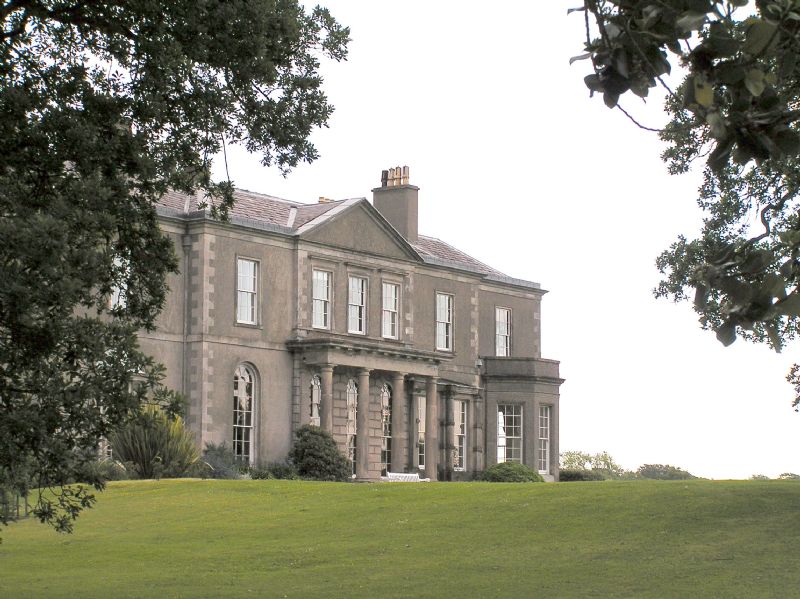
Posted on 25 May 2023
Clandeboye Estate to open expansive private gardens to the public
The historic Clandeboye Estate is set to open its expansive gardens to the public this weekend (27th and 28th May) as part of the 2023 National Garden Scheme, sponsored by local estate agents John Minnis. Read More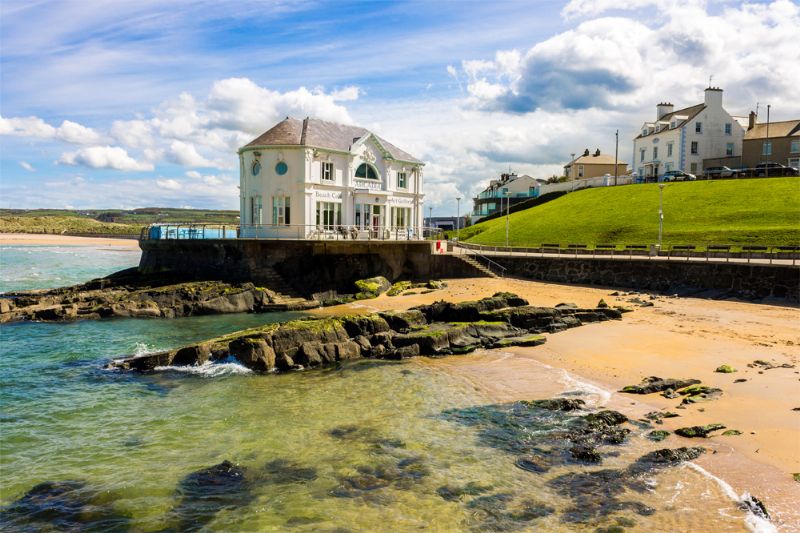
Posted on 25 May 2023
Sea, Sun and Serenity: The Advantages of Living in a Coastal Town
The Northern Irish coastline provides diverse and spectacular landscapes as well as coastal towns with attractive and affordable property and lifestyle opportunities. Read More
Posted on 28 April 2023
Finding Your Perfect Second Home in Northern Ireland's Coastal Communities
Northern Ireland's coastal beauty, with its picturesque landscapes and charming towns, has become an increasingly popular choice for those looking to purchase a second home. The growing trend of investing in additional properties offers several benefits, from investment opportunities to improved quality of life. In this blog, we'll explore the appeal of coastal communities in Northern Ireland and whether it is the right choice for you. Read More
Posted on 17 April 2023


